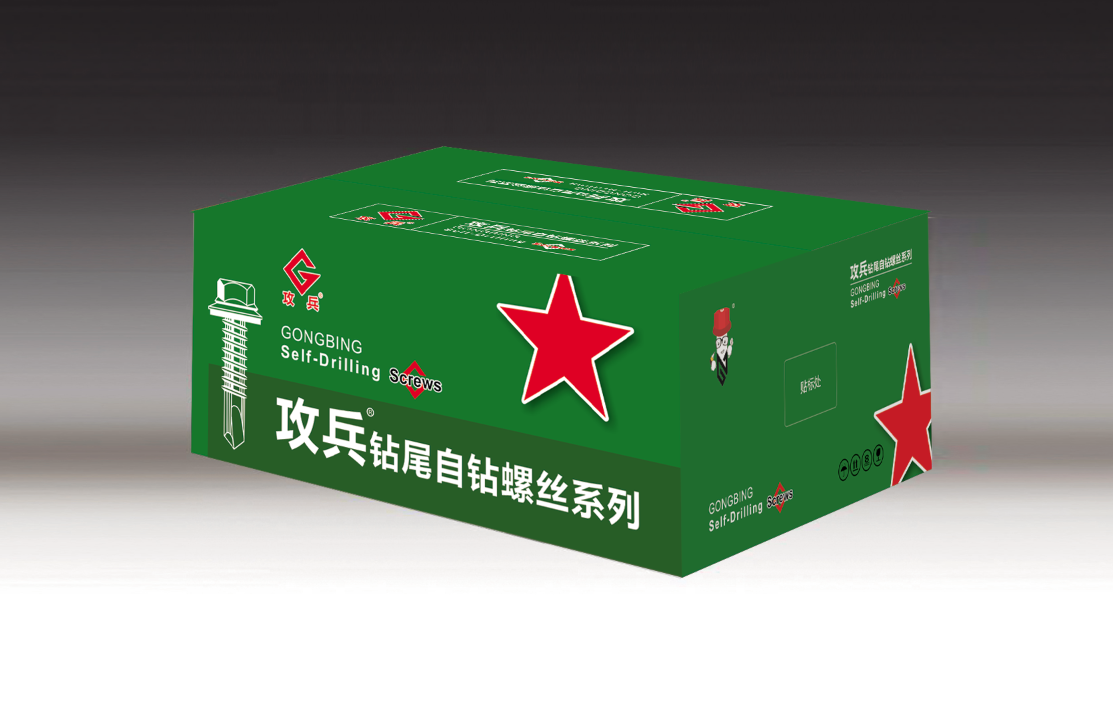Exploring Various Categories of Structural Fasteners and Their Applications in Engineering Projects
Types of Structural Fasteners
Structural fasteners play a vital role in construction and manufacturing, providing the necessary strength and reliability to hold various components together. These fasteners can be categorized into several types based on their design, application, and mechanical properties. Understanding the different types of structural fasteners is crucial for engineers, architects, and builders, as selecting the appropriate fastener can significantly impact the structural integrity and safety of a project.
1. Bolts
Bolts are among the most commonly used structural fasteners. They consist of a threaded shaft with a head at one end and are typically used in conjunction with nuts to create a strong joint between two or more components. Bolts can be found in various grades and materials, allowing for a range of tensile strengths and corrosion resistance. Common types of bolts include hex bolts, carriage bolts, and anchor bolts. Hex bolts are often used in heavy construction applications, while carriage bolts are ideal for applications where a smooth, rounded head is desired.
2. Nuts
Nuts are used alongside bolts to secure components together. The nut’s internal threads allow it to fit onto the bolt’s shaft, creating a tight connection when tightened. There are several types of nuts, including hex nuts, lock nuts, and wing nuts. Lock nuts are designed to resist loosening under vibration, making them well-suited for applications in dynamic environments. Wing nuts, with their unique design, can be easily tightened or loosened by hand, making them useful in situations where frequent adjustments are necessary.
3. Screws
.types of structural fasteners

Screws are another essential type of structural fastener, distinguished by their helical threads. They provide excellent holding power when driven into materials like wood, metal, or plastic. Common screw types include wood screws, machine screws, and self-tapping screws. Wood screws are designed specifically for use in wooden materials, while machine screws are used in conjunction with nuts or tapped holes in metal. Self-tapping screws, on the other hand, create their own thread as they are driven into the material, eliminating the need for pre-drilling.
4. Rivets
Rivets are permanent fasteners that join materials by means of a mechanical interlock. They consist of a cylindrical shaft with a head at one end and are installed by deforming the unheaded end after insertion. Rivets are commonly used in structural applications such as bridges and aircraft, where a high level of strength is critical. There are different types of rivets, including solid rivets, blind rivets, and tubular rivets. Blind rivets, also known as pop rivets, can be installed from one side of the workpiece, making them ideal for applications where access to both sides is limited.
5. Washers
While not fasteners in the traditional sense, washers are often used in conjunction with bolts, nuts, and screws to improve their performance. Washers distribute the load of the fastener over a larger surface area, helping to prevent damage to the material being fastened and reducing the risk of loosening due to vibration. There are several types of washers, including flat washers, lock washers, and fender washers, each serving specific functions in various applications.
Conclusion
In summary, understanding the different types of structural fasteners is essential for anyone involved in construction or manufacturing. Bolts, nuts, screws, rivets, and washers each have unique advantages and applications, contributing to the overall strength and durability of a structure. Carefully selecting the right fasteners for a specific project can ensure safety, efficiency, and longevity, ultimately leading to successful project outcomes. As technology advances, the development of new and improved fasteners will continue to shape the industry, enhancing the possibilities for future constructions.
-
Weatherproof Plastic Expansion Anchors for Outdoor소식Jun.06,2025
-
Sustainability in the Supply Chain: Eco-Friendly TEK Screws Production소식Jun.06,2025
-
Load-Bearing Capacity of External Insulation Fixings소식Jun.06,2025
-
Double Head Bolts: Enhancing Efficiency in Industrial Machinery소식Jun.06,2025
-
Corrosion Resistance in Chipboard Screws: Coatings for Wholesale Durability소식Jun.06,2025
-
Butterfly Toggle Bolts : Enhancing Structural Resilience소식Jun.06,2025
